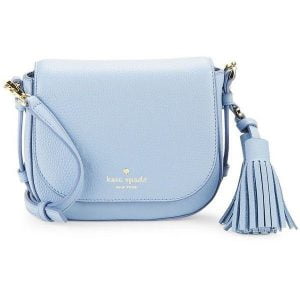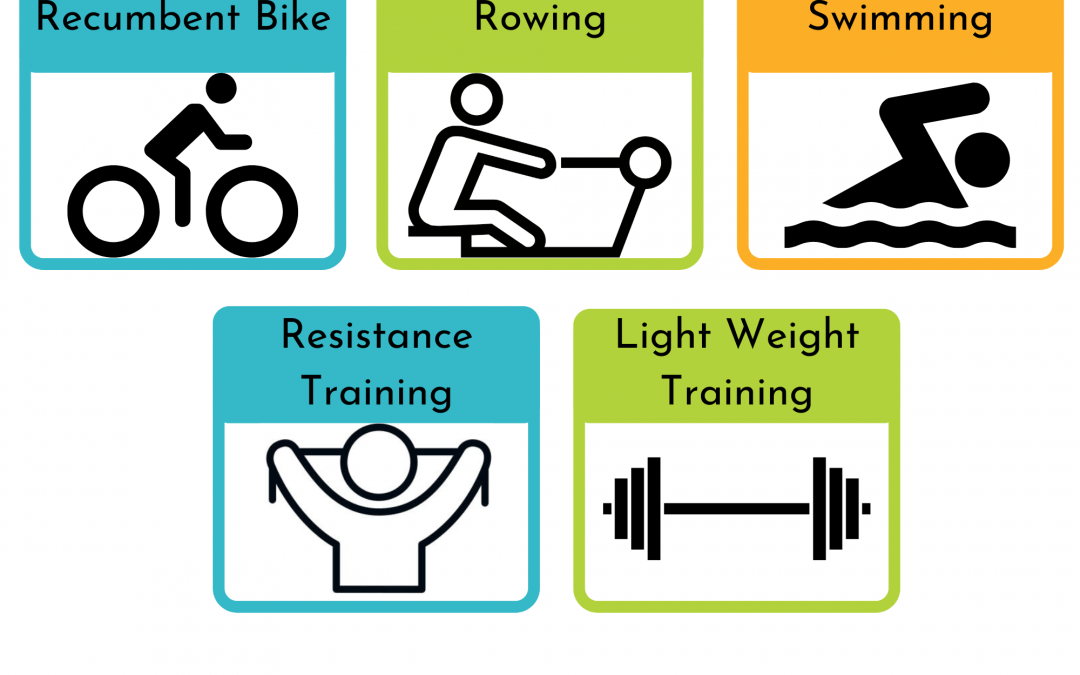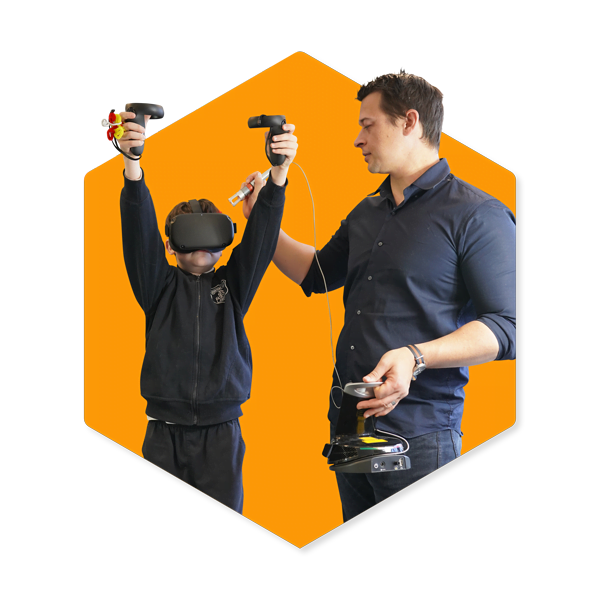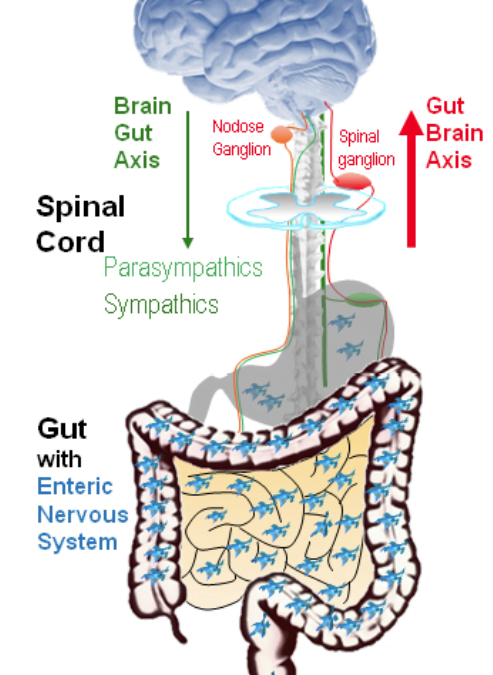When we are out and about we are all guilty of just throwing useless crap in our handbags, making them a very common cause of shoulder pain. That “important” piece of paper which we are never going to look at again but refuse to throw away, where does it go? In the handbag. That half-eaten muesli bar which you only had time to take a few bites of, where do you chuck the rest? In the handbag. Those windy days where you just know you’re going to need something to tame your luscious locks, where does your hair brush go? In the handbag. Our handbags are just a safe haven for all those things we can definitely live without but refuse to.
Our excessively large handbags which of course has some big designer label on the front, may be that accessory which takes our outfit from being boring and mediocre to looking fly AF as we strut our way to work, uni or on our way out for a night we are probably not going to remember in the morning. However, the down side of carrying a bag which probably weighs more than a small child all day will throw out your natural gait, cause your centre of gravity to shift and cause your trapezius muscles to be overworked and tighten up.
Rest assured we have come up with five tips which will help reduce the negative effects of carrying a handbag.
Lengthen the Strap

Almost every bag has an adjustable strap these days. By lengthening it and then wearing it across the body, the weight of the bag can be more evenly distributed to both sides of the body and decreasing the amount of shoulder pain or discomfort.
Reduce the Load

If you go through your bag right now, I’m sure you will uncover countless wrappers, lipsticks, pieces of paper, and other useless things that are just making it heavier. Go through your bag and take out all the unnecessary items. This is a simple task which will reduce the pressure placed on your shoulders and neck.
Switch your bag over to your other shoulder

We all have a side of our bodies which we prefer to carry our bags on, however if we continuously swap sides throughout the day it can help to distribute the load the bag puts on our shoulder and thus reduce the stress and asymmetry on our bodies.
Mix it up – Try a Backpack
Backpacks have made quite the comeback these days, with very stylish ones up for grabs. By mixing it up and giving a backpack a go you can significantly reduce the strain and stress that a one strap bag puts on your body and this weight is distributed evenly with the two straps. This load being evenly distributed allows your body to be able to walk with a normal gait.
Invest in a multipurpose bag

Trust me, what I am asking is no easy task but try and find a bag which can be used multiple ways and still be stylish. If you ever see a bag out there which allows you to switch between carrying it across your body, on your shoulders and also be versatile enough to be a clutch invest in it straight away! Being able to swap how your carry it can reduce the workload on overused muscles and also becomes the accessory which just keeps giving.
To all my men out there who rock the man-bag, no need to feel ashamed by it, you continue to look hot to trot but these tips can also help you out.




